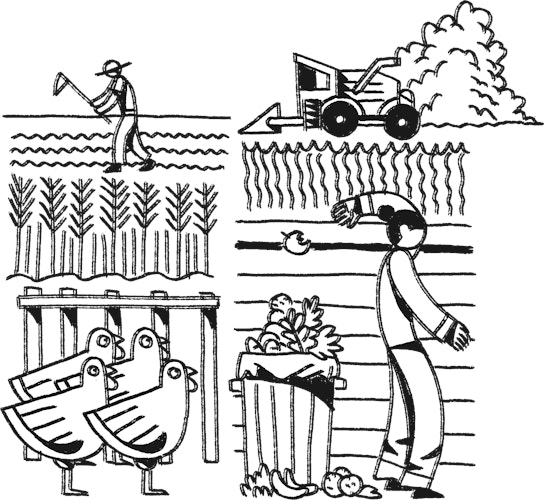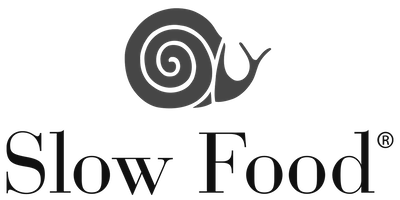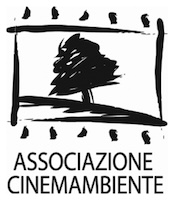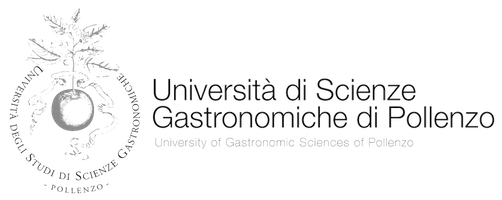L’Empire de l’Or rouge
Directed by
Based on a book of the same title by J.B. Malet, the film enquires into the history of the tomato and its industrial production, a late 19th century mass production model that heralded the concept of globalized economy. Today, the tomato is an international product shipped from country to country in huge barrels before being processed as a basic ingredient in everyday cuisine. Where, how, and who grows and harvests tomatoes? The major producers are Italy, China, and Africa where huge profits can be reaped through worker exploitation, organized crime, and environmental degradation.
«In 2011 I was conducting a political investigation in the north of Provence when, just by chance, I discovered that Le Cabanon, a historic French tomato production plant, had become Chinese. The news immediately stirred my curiosity because it was the biggest plant in France. So I knocked on the door to see if I could ask a few questions. But they told me that they didn’t talk to journalists. While I was there, I noticed some large blue drums with “Made in China” written on the sides. I then saw the same drums again in Italy and I asked myself “How come tomato purée was coming from China to places where tomatoes have always been grown?”. So I set off on a journey across China, the United States, Africa and Italy, and I managed to paint a full picture of this market.
I find that not eating European tomatoes in Europe is pure folly. You can be sure of a product’s origin only if the label explicitly states the relevant information but, alas, this isn’t often the case as the law envisages it only for certain products. Anyone who claims free exchange is always positive is an ideologist. The reality is that this system causes African farmers to die on boats. The Chinese product costs less because Chinese workers are underpaid and because environmental legislation is less restrictive there. As a result, the product undergoes fewer checks and is of inferior quality but manages to cross our frontiers by virtue of free exchange and globalization. To all intents and purposes, it’s a question of harmful unfair competition and I ask myself what the point of this is and how long it can last. Capitalism without rules is pure folly».
(Jean-Baptiste Malet)








